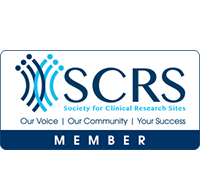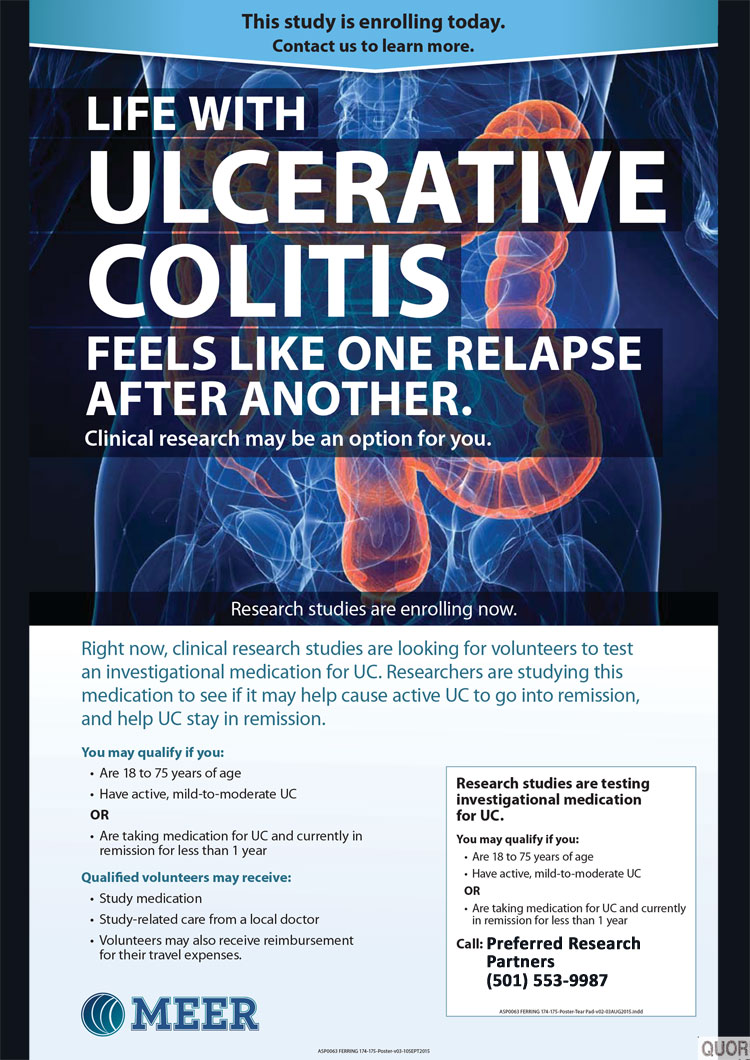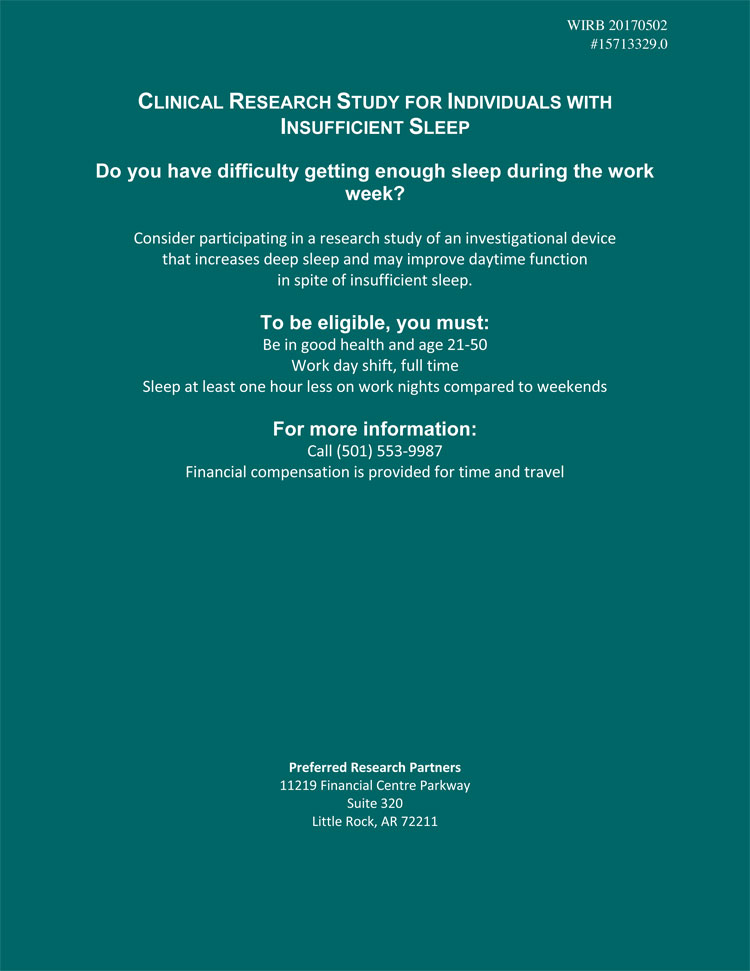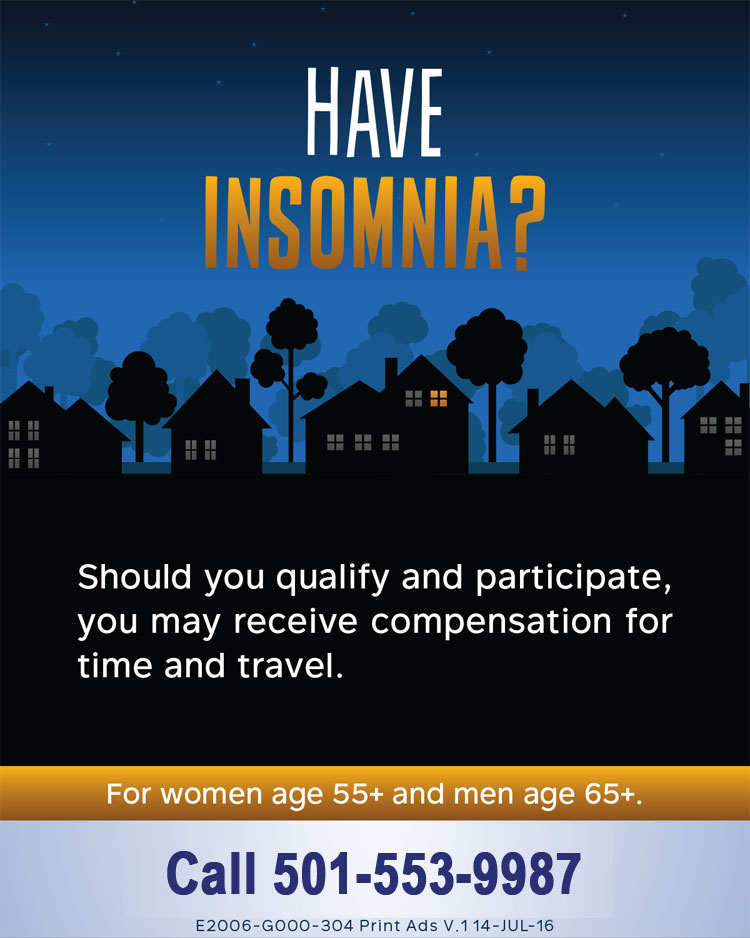Does your child struggle with falling or staying asleep? Some symptoms of pediatric insomnia may include struggles around going to bed, difficulty falling asleep at bedtime, or problems staying asleep during the night. Children with insomnia may also wake up very early.
If your child has insomnia, here are some things you should know.
- The Symptoms and Signs
A child with insomnia may act difficult towards bedtime. They may be repeatedly asking for water, another story, or something else that would delay bedtime even further. Additionally, they may show resistance to an appropriate sleep schedule, difficulty napping, and have trouble waking in the morning or getting up for school.
As a result of the insomnia symptoms, the child may show signs during the daytime as well. These signs can be mood disturbances or irritability, behavioral problems, or reduced motivation.
- Causes of Pediatric Insomnia
Insomnia can often be found to be caused by another sleep disorder (such as restless legs syndrome or obstructive sleep apnea). It can also be caused by anxiety or stress, a medical, mental health or developmental condition such as asthma, depression, ADHD, or autism. Certain medications could be triggering the sleep disorder as well so it is important to consult with a doctor what side effects a medication could have that your child is prescribed.
- Next Steps for Parents
What may help with pediatric insomnia? Children should have firm bedtimes with consistent sleep schedules and routines. Demonstrating a strict sleep routine for your child and not always giving in when they ask for another story, drink, or are trying to just push bedtime later, may help their sleeping patterns in the future.
Young children who need to be rocked to go to sleep, may need to get out of that routine. It is common for people to wake up in the night, and if the child needs to be rocked to fall back asleep every time, then it may create poor sleeping habits. Children should develop the skill of falling back to sleep on their own without the help.
If you are interested in a clinical research study for your child, Preferred Research Partners is enrolling for a pediatric insomnia study. Call us at (501) 553-9987 to find out more information or visit our studies page.











